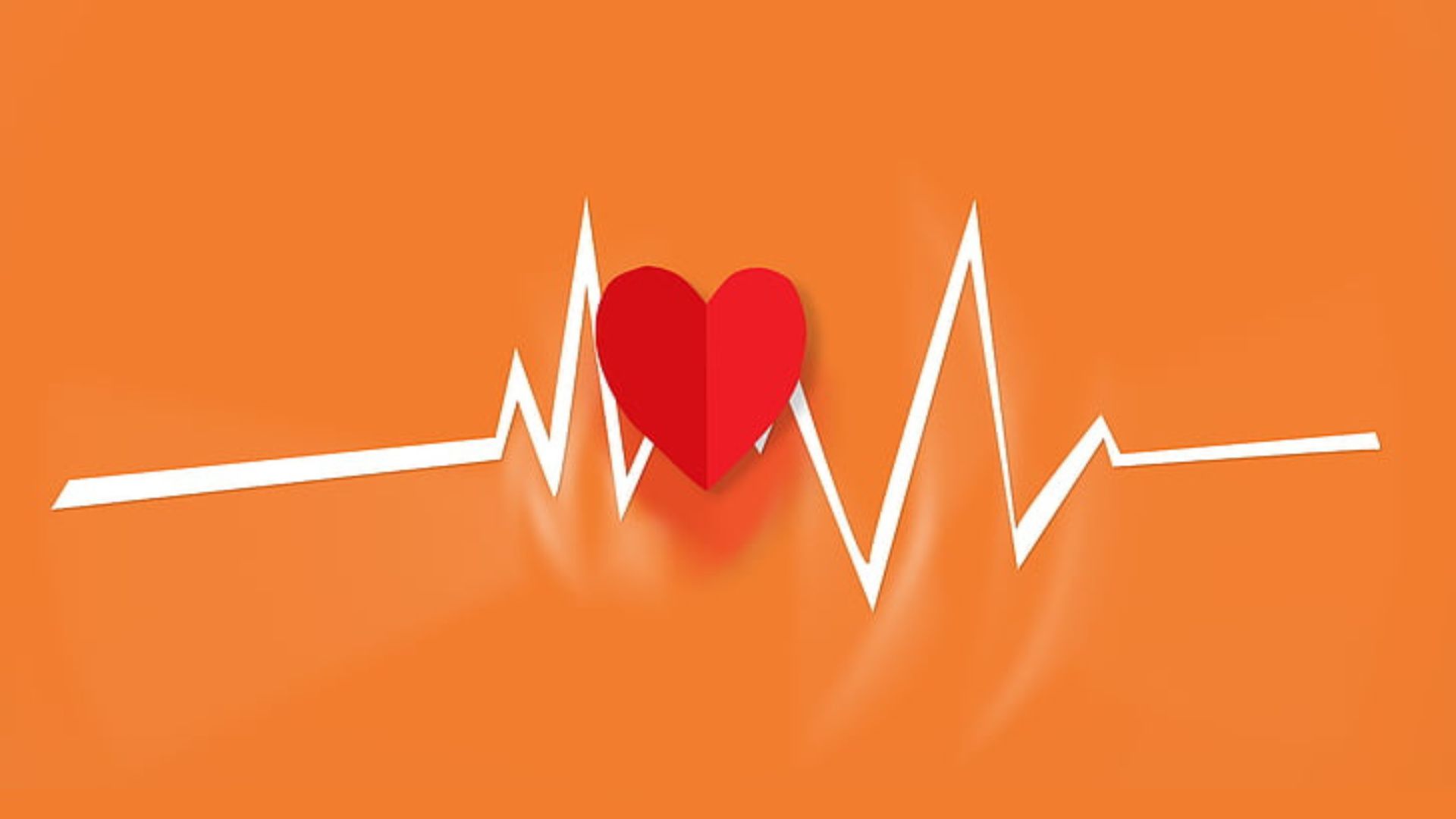Skipping Breakfast Can Double Your Chances of Heart Disease, Experts Say
Is skipping breakfast really a shortcut to better health? A recent wave of intermittent fasting trends, backed by celebrities, suggests so. But a groundbreaking study from Shanghai Jiao Tong University paints a different picture.
According to Dr. Victor Zhong and his team, dodging the first meal of the day could significantly raise the risk of heart disease. With millions embracing this trendy diet, it’s time to dissect whether skipping breakfast is truly beneficial or a hidden hazard.
Celebrity Diets and Real Risks
Celebrities like Hugh Jackman and Jennifer Aniston swear by intermittent fasting (via The Sun). It is a global trend. This diet restricts eating to an eight-hour window, supposedly offering weight loss and metabolic boosts.

Source: Freepik
However, Chinese researchers have linked this eating pattern with a startling 91% increase in cardiovascular disease risk (via American Heart Association). This revelation asks us to reconsider: Are the health costs worth the celebrity-endorsed benefits?
Surprising Study Results
Dr. Victor Zhong’s study reveals shocking insights: those following an eight-hour eating window were 91% more likely to suffer from heart disease deaths compared to those who spread their meals across 12 to 16 hours.

Source: National Eye Institute/Wikimedia Commons
“We were surprised to find that time-restricted eating was more likely to die from heart disease,” stated Dr. Zhong (via American Heart Association). This significant finding challenges the safety of one of the trendiest diet regimes today.
Understanding Heart Health
In the U.K., around 7.6 million people live with heart or circulatory diseases (via British Heart Foundation). Meanwhile, 121.5 million adults in the U.S. are affected (via American Heart Association), highlighting the critical nature of heart health.

Source: Jesse Orrico/Unsplash
The stark warning from Dr. Zhong’s study comes at a crucial time, suggesting that our eating patterns could be directly influencing our heart health.
The Science Behind Fasting
Intermittent fasting has been lauded for its ability to improve markers like blood pressure, blood sugar, and cholesterol levels. Initially, these changes suggest a healthier lifestyle (via Hopkins Medicine).

Source: Freepik
But it’s essential to distinguish short-term improvements from long-term health impacts. As the Chinese study suggests, what works in the short term may not hold the same benefits in the long run, especially concerning heart health.
Long-Term Concerns
The long-term impacts of intermittent fasting on heart health are now under the microscope. The study conducted over eight years involving more than 20,000 adults paints a concerning picture for those restricting their eating to eight hours daily.

Source: Robina Weermeijer/Unsplash
This group faced nearly double the risk of heart disease-related deaths than those with less restrictive eating schedules, challenging previous assumptions about fasting’s benefits.
The Counterargument
Critics, like Dr. Duane Mellor from Aston University, urge caution, suggesting that factors like poverty or work stress might drive restricted eating times, also known to heighten heart disease risk.

Source: Mohamed Hassan/Pixabay
“We need to be very careful not to generate concerning headlines based on such limited information,” says Mellor (via CNN). This perspective invites a broader view of the study’s implications, emphasizing the need for a more nuanced approach to diet assessment.
Lifestyle vs. Diet Timing
Dr. Mellor’s comments underscore the importance of looking beyond just eating windows. Lifestyle factors such as stress, sleep quality, tobacco use, and overall dietary content play a significant role in heart health.

Source: Pixabay/Pexels
This broader approach suggests that while timing matters, the quality of food and life stressors can significantly impact heart health, pointing to the complexity of dietary impacts.
Safe Weight Loss Practices
Amid the fasting fad, the advice for safe weight loss includes regular exercise, a balanced diet, and gradual weight reduction.

Source: Freepik
By focusing on long-term lifestyle changes rather than quick fixes, individuals can achieve sustainable health improvements without the risks associated with severe dietary restrictions.
Personal Stories
Anecdotal evidence from those who’ve tried intermittent fasting offers varied outcomes. A quick internet search will reveal some reporting positive changes, while others face challenges or health concerns.

Source: Freepik
These personal experiences show the individual nature of dieting and health, reinforcing the need for personalized medical advice before embarking on significant dietary changes.
Consult Your Doctor
Before diving into trends like intermittent fasting, consulting with a health care provider is crucial.

Source: Freepik
Especially for those with existing health issues or concerns about heart disease, professional guidance can help navigate the risks and benefits of dietary changes, ensuring that health remains a priority.
Final Thoughts
The debate over skipping breakfast and its link to heart disease is about more than meal timing—it’s about understanding and balancing our body’s needs.

Source: PickPik
While intermittent fasting may offer benefits for some, it’s clear that it comes with risks, particularly concerning heart health.
